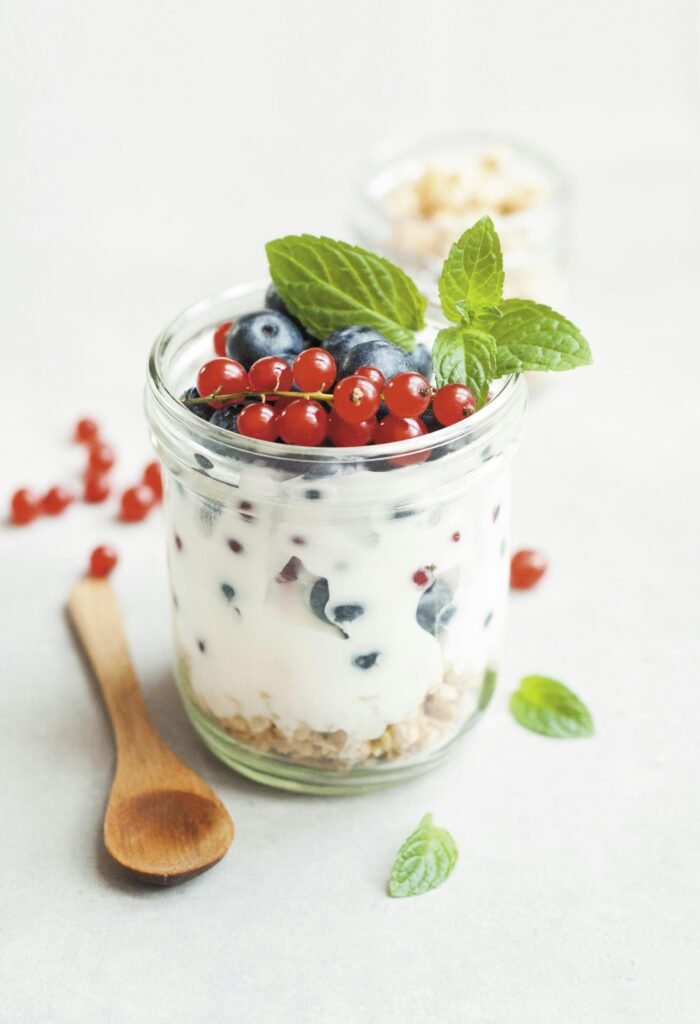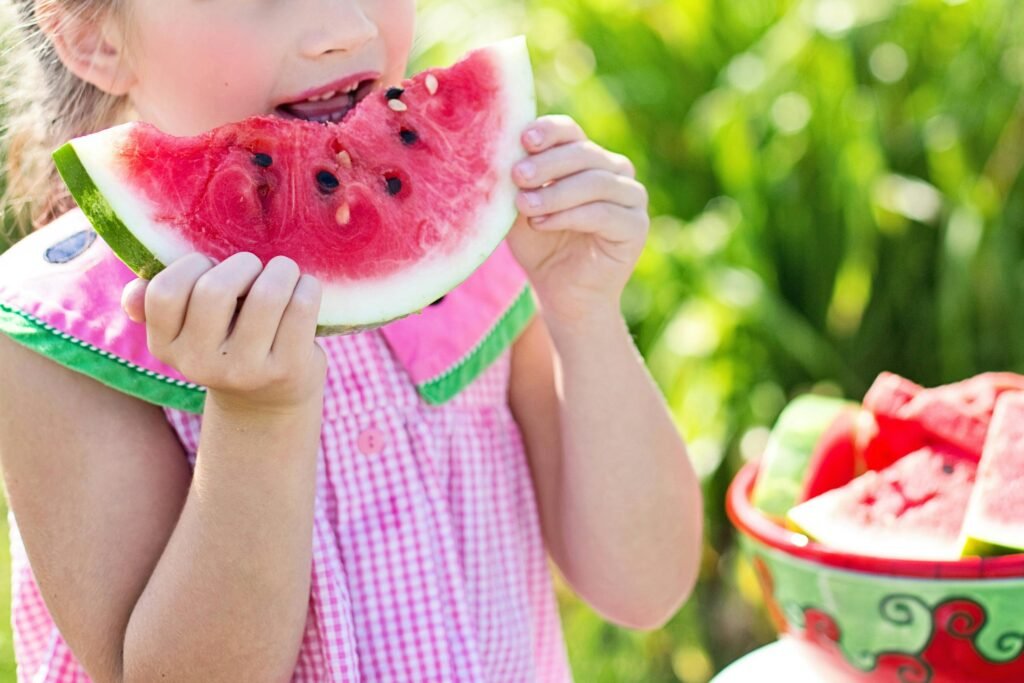Navigating health eating habits for toddlers can often feel like a daunting task for many parents and caregivers. Toddlers are known for their picky eating habits, unpredictable appetites, and a newfound sense of independence that can make mealtime a challenging affair. However, establishing healthy eating habits for toddlers early on is crucial for their development and long-term well-being. Healthy Eating Habits for Toddlers aims to demystify the complexities surrounding toddler nutrition. This guide provides practical tips and insights into crafting balanced, healthy, and nutritious foods for toddlers that cater to the nutritional needs of growing toddlers, ultimately setting the stage for positive eating habits that last a lifetime.
Importance of Toddlers
Good nutrition in the toddler years is essential for healthy growth and development. During this critical stage, children’s bodies are rapidly growing and developing, making it crucial to provide them with adequate nourishment. Healthy toddler meals plays a vital role in supporting their immune system, brain development, and overall health.
As toddlers become more independent and begin to explore the world around them, they are also developing their food preferences and eating habits. As parents, we have a significant influence on our children’s eating behaviors and can lay the foundation for lifelong healthy eating habits.

Tips for Encouraging Healthy Eating Habits in Toddlers
Engaging toddlers in the eating process can be both enjoyable and educational. Here are several strategies to encourage healthy eating habits for toddlers your toddler:
- Involve Them in Food Preparation: Allowing toddlers to help with meal preparation can pique their interest in trying new foods. Simple tasks like washing vegetables or stirring ingredients can make them feel involved and more willing to taste what they’ve helped to create and therefore achieving healthy toddler meals.
- Offer a Variety of Foods: Exposing toddlers to a wide range of foods helps them develop a palate for different tastes and textures. Aim to include fruits, vegetables, grains, protein sources, and dairy in their diet to ensure they’re getting a balanced mix of nutrients.
- Create a Routine: Establishing regular meal and snack times helps set expectations and creates a routine. Avoiding grazing throughout the day can make mealtimes more predictable and can help manage hunger and fullness cues.
- Lead by Example: Children learn by watching the adults around them. Eating a variety of healthy foods yourself can serve as a powerful example for your toddler. Showing enthusiasm for healthy eating can encourage them to follow suit.
- Make Meals Enjoyable: Turning mealtime into a positive experience can make a big difference. Encouraging conversation, keeping the atmosphere light, and avoiding power struggles over food can make eating a pleasant experience for everyone involved.
- Be Patient with New Foods: It’s common for toddlers to be hesitant about trying new foods. It may take multiple exposures to a food before they’re willing to try and like it. Offering new foods alongside familiar favorites can help ease this transition.
By implementing these strategies, parents can help toddlers develop a healthy relationship with food that lays the groundwork for nutritious eating habits throughout their lives.
Healthy Toddler Meal Ideas
Coming up with healthy and appealing meal ideas for toddlers can be challenging. Here are some simple healthy toddler meals and nutritious meal ideas to help you get started:
- Breakfast: Whole wheat toast topped with mashed avocado or nut butter, scrambled eggs, and a side of fruit.
Oatmeal made with milk or fortified plant-based milk, topped with sliced bananas, and a sprinkle of cinnamon.
- Lunch: Whole grain pasta with tomato sauce, cooked vegetables, and a source of protein such as chicken or tofu.
Build-your-own mini quesadillas using whole wheat tortillas, shredded cheese, black beans, and diced bell peppers.
- Dinner: Baked sweet potato fries, grilled salmon, and steamed broccoli.
Brown rice topped with stir-fried vegetables and lean beef or tofu.

Easy Toddler Snack Ideas For a Healthy Eating Habits for Toddlers
Toddlers often need snacks to sustain their energy levels between meals. Here are some simple and nutritious snack ideas for your little ones:
- Fruits: Sliced apples with nut butter, frozen grapes, or fruit smoothies made with yogurt and frozen berries.
- Vegetables: Carrot sticks with hummus, cucumber slices with cream cheese spread, or sliced bell peppers with guacamole.
- Grains: Whole grain crackers topped with cheese, whole wheat pita bread stuffed with vegetables and hummus, or homemade granola bars.
- Protein: Hard-boiled eggs, turkey and cheese roll-ups, or edamame.
Maintaining a balanced diet is not only about the types of foods offered but also about creating strategies for healthy eating. One effective approach is to set positive eating environments. Eating together as a family, without the distraction of television or electronic devices, encourages more mindful eating and provides an opportunity for modelling healthy eating behaviors. Additionally, respecting a toddler’s appetite is important; forcing children to clean their plates can lead to overeating and a distorted sense of hunger and fullness. It’s crucial to listen to their bodies and allow them to gauge their own fullness.
Another toddler nutrition tips is limiting sugary drinks and snacks. While sweets and treats can have a place in a balanced diet, they should not replace nutrient-dense options. Offering water, milk, or diluted juice as primary beverages and saving sweets for special occasions can help prevent sugar from becoming a mainstay in their diet. This approach encourages toddlers to develop a taste for foods that are beneficial to their health while still allowing room for treats in moderation.
Encouraging Exploration Through Food
It’s essential to expose toddlers to a variety of flavors and textures to encourage curiosity and acceptance of new foods. Introducing easy toddler snacks such as a wide range of fruits, vegetables, grains, and proteins can help toddlers become more adventurous eaters. Parents and caregivers can make this exploration fun by:
- Creating Colorful Plates: Use a variety of colors in meals to make them visually appealing. A rainbow of colors not only looks exciting but also ensures a range of vitamins and minerals.
- Theme Meals: Occasionally organizing meals around a theme, like shapes, colors, or characters, can make eating a fun, engaging experience.
- Eating Seasonally: Offering seasonal fruits and vegetables can introduce new tastes while also being cost-effective and environmentally friendly.
Conclusion
Incorporating healthy eating habits in toddlers can have a significant impact on their growth and development. By providing balanced meals, involving them in the food preparation process, and creating a positive mealtime atmosphere, parents can help set their children up for a lifetime of nutritious eating habits. With patience, and understanding, toddlers will learn to enjoy a variety of foods and understand their own hunger cues. This foundation is not merely about nourishing their bodies but also about teaching them the importance of making healthy food choices—a skill that will benefit them well into adulthood.
Additionally, incorporating fun and education into mealtime, such as discussing the benefits of different foods, can further engage young minds in the excitement of eating well. Ultimately, the goal is to cultivate an environment where healthy eating is part of the daily routine, embraced with joy and curiosity, setting the stage for a lifelong commitment to well-being. So, let’s start early, and set our toddlers on a path towards a healthy relationship with food! Remember to always lead by example, make meals enjoyable, be patient with new foods, and offer a variety of nutritious options throughout the day. By doing so, we can raise happy, healthy eaters who will thrive in all aspects of their lives.


